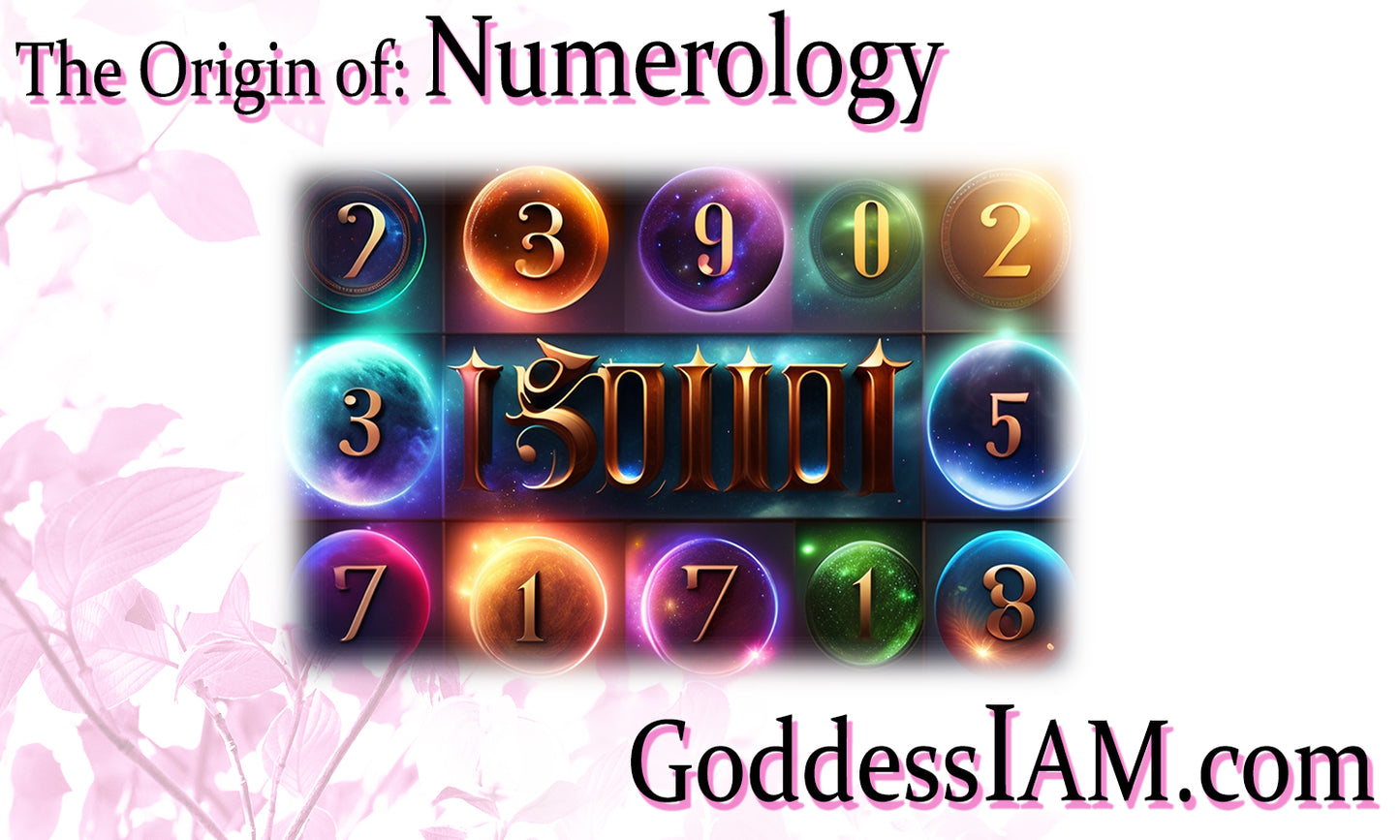
Numerology, a captivating practice that assigns meaning and significance to numbers, has a rich and diverse history. Its origins can be traced back to ancient civilizations, where scholars and mystics recognized the profound influence that numbers held over various aspects of life. Let's embark on a journey to unravel the fascinating origins of numerology.
Ancient Beginnings: The roots of numerology can be found in ancient cultures such as Babylon, Egypt, and China. Babylonian scholars were known to study the mystical properties of numbers, believing that they held divine messages. Egyptian priests delved into numerology to gain insights into the mysteries of the universe. Similarly, Chinese philosophers explored the connection between numbers, nature, and human life.
Pythagorean Influence: The Greek mathematician Pythagoras, who lived around 500 BCE, is widely regarded as a significant figure in the development of numerology. He believed that numbers were the building blocks of the universe and that they possessed inherent vibrational qualities. Pythagoras introduced the concept of assigning numerical values to letters, laying the foundation for the practice of numerology as we know it today.
Kabbalah and the Hebrew Tradition: Numerology also flourished within the context of the Kabbalah, an ancient Jewish mystical tradition. In Kabbalistic numerology, known as Gematria, each Hebrew letter is assigned a numerical value. By examining the numerical values of words and phrases, practitioners sought hidden meanings and connections within sacred texts.
Indian Numerology: India has its own unique branch of numerology known as Vedic numerology or Chaldean numerology. Rooted in ancient Indian scriptures, such as the Vedas and Upanishads, Vedic numerology associates specific qualities and vibrations with numbers. It is widely used for astrology, predicting compatibility, and guiding life decisions.
Modern Developments: In the modern era, numerology gained popularity through the works of influential figures. Notable among them is Dr. Juno Jordan, an American numerologist who developed a comprehensive system of numerology based on the Pythagorean approach. Her teachings greatly influenced the Western understanding and practice of numerology.
Principles of Numerology: Numerology operates on the principle that each number possesses a unique vibration and symbolic meaning. By calculating and interpreting numbers associated with a person's name and birth date, numerologists believe they can gain insights into their personality traits, life path, and potential challenges. The analysis often involves reducing numbers to a single digit or working with master numbers for more profound significance.
Application in Daily Life: Numerology finds application in various aspects of life. Individuals may consult numerologists to gain self-awareness, understand relationship dynamics, make career choices, or explore compatibility with others. Some use numerology to choose auspicious dates for important events or to gain a deeper understanding of significant life cycles.
Criticism and Skepticism: As with any metaphysical practice, numerology faces skepticism and criticism. Skeptics argue that its interpretations are subjective and lack scientific evidence. However, proponents of numerology assert that it offers valuable insights by tapping into the inherent symbolism and vibrational qualities of numbers.
